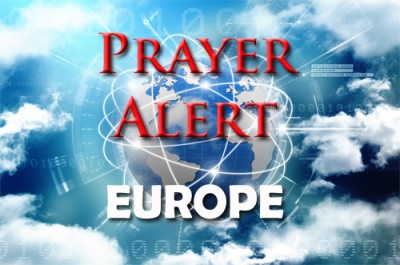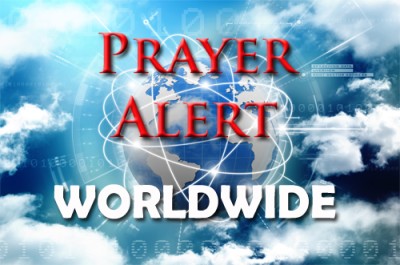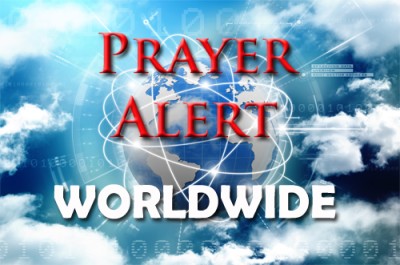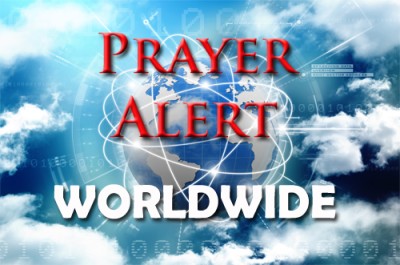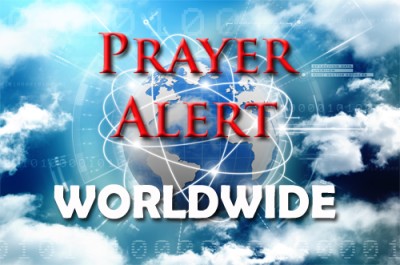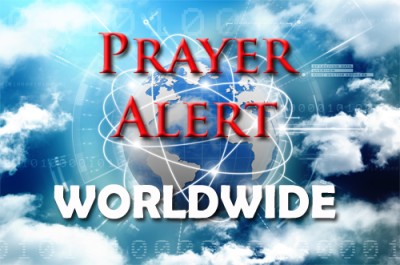Unexpectedly, the presidential election in Romania has seen nationalist independent Calin Georgescu leading the first round. A 62-year-old expert in sustainable development, he calls for a Romania based on small-scale organic agriculture, Christian values, and national sovereignty. His platform, similar to that of Robert F. Kennedy Jr, emphasises self-reliance and reduced dependence on international alliances. Georgescu’s rise is partly attributed to his pledge to ‘restore Romania’s dignity’ and challenge perceived subservience to organisations like NATO and the EU. His criticism of the US-backed missile shield at Deveselu, which he calls a ‘diplomatic embarrassment’, echoes the Kremlin narrative, raising concerns among Western allies. If elected, he could alter the country’s foreign policy and reshape its political landscape.
COP29: how much was achieved?
28 Nov 2024Developed nations at the COP29 summit in Baku committed to mobilising at least $300 billion annually for developing countries by 2035 to address climate change. However, this figure fell far short of the $1.3 trillion per year which had been demanded, leaving many deeply dissatisfied. The agreed amount includes contributions from private investment, but critics argue it lacks ambition and clarity. Tensions flared during chaotic negotiations, with India and Nigeria accusing the presidency of forcing the deal without proper consensus. Decisions on transitioning away from fossil fuels, highlighted in last year’s ‘global stocktake’, were deferred to COP30, but a milestone was achieved with the completion of Article 6 on carbon markets, finalising the Paris Agreement framework nearly a decade after its inception. The summit's outcomes were overshadowed by Donald Trump’s reelection and his pledge to withdraw the USA from the Paris Agreement. Also, host Azerbaijan, which sources two-thirds of its revenue from fossil fuels, faced accusations of conflict of interest and malpractice during the conference. For in-depth analysis of what happened, see the weblink.
A ceasefire between Israel and Hezbollah, brokered by the USA, began on 27 November, with thousands of displaced people cautiously returning to southern Lebanon. The truce calls for a sixty-day withdrawal period for Israeli forces and Hezbollah fighters from southern Lebanon, with the Lebanese army deploying extra troops in the region to oversee the ceasefire and reclaim control. However, Israeli officials have warned that any breaches by Hezbollah would prompt immediate military action. Hezbollah claimed ‘victory’ in its first statement since the ceasefire, vowing readiness to confront Israeli actions. The conflict, which began in October 2023 but has escalated since September, has devastated Lebanon, with over 3,800 killed and nearly 16,000 injured. Caretaker prime minister Najib Mikati has called for unity after what he said was the ‘most cruel phase in Lebanese history’. For a view on how this truce might affect the conflict in Gaza, see
Supporters of Imran Khan have staged protests in Islamabad demanding his release, defying a government lockdown, road barricades, and internet blackouts. On 26 November they clashed with security forces, leading to several deaths, injuries, and mass arrests. The protesters, led by Khan’s wife and party leaders, faced heavy police resistance, including tear gas and road blockades. The Pakistan Tehreek-e-Insaf (PTI) party accused authorities of using excessive force, while the government reported security personnel sustained bullet injuries. At least six deaths, including four security officials, were reported. Hundreds were arrested as the authorities tried to prevent the protests, which have now been called off by the PTI leadership. Imran Khan has been in jail for over a year and faces dozens of criminal charges ranging from corruption to leaking state secrets, all of which he and his party deny. His supporters are demanding judicial reforms as well as his release.
The authorities have arrested fourteen individuals, including a wounded teenage boy, after they emerged from an illegal gold mine in Stilfontein, where hundreds of miners remain trapped underground. The miners, called zama zamas, search abandoned mines for gold, often risking arrest, deportation, or violence. Operating in over six thousand defunct mines, they endure dangerous conditions, relying on contractors for food and supplies. This underground economy is dominated by criminal syndicates which exploit the miners, sometimes forcing them to work under threat. Efforts to remove the miners include blocking shafts and restricting supplies. Officials estimate 350-400 miners remain underground, but some reports put the number at as much as four thousand. The government is looking at ways of getting the miners out, but fears of poisonous gases and armed syndicates are complicating rescue plans.
The International Criminal Court (ICC) prosecutor plans to seek an arrest warrant for Myanmar’s military leader, Min Aung Hlaing, for crimes against humanity in the alleged persecution and forced deportation of Rohingya Muslims. Over 730,000 Rohingya fled Myanmar for Bangladesh in a campaign described by the UN as having ‘genocidal intent’. The military junta denies the accusations, insisting that it has been targeting terrorists. This is the ICC’s first request for an arrest warrant against a high-ranking Myanmar official, with further applications anticipated. Its investigations have been hampered by Myanmar’s lack of cooperation and the escalating turmoil in the country since the 2021 military coup. Human Rights Watch says this is ‘an important step toward breaking the cycle of abuses and impunity which is a key factor in fuelling the military’s mass violations’. The ICC’s move comes amid huge criticism over its recent arrest warrants for Benjamin Netanyahu, Yoav Gallant, and a Hamas leader: see
The church in North Korea is growing at a remarkable 6% a year, far higher than the South Korean church's 0.7% growth rate, despite severe persecution under the Kim regime. With 400,000 Christians, North Korean believers face imprisonment or death for their faith, yet they persevere, using secret prayer codes and worshipping in hidden mountain sanctuaries. Miraculous healings often lead to conversions, highlighting God's power amidst oppression. In contrast, South Korea, renowned for its vibrant Christianity, faces a decline in faith among the younger generation. Nonetheless, South Korean churches remain a global force, with extensive missionary outreach, including efforts in countries like Afghanistan and North Korea. Initiatives such as Operation Dandelion, which sends Bibles into North Korea via balloons, demonstrate their dedication. Persecution in the North has ignited revival, while prosperity in the South has dulled spiritual fervour: but faithful witness continues to bring people to Christ across both Koreas.
Pastor Greg Laurie recently shared the Gospel with Jordan Peterson on the psychologist's podcast, addressing life, eternity, and hope in Christ. Laurie emphasised that heaven is not for 'good people' but for 'forgiven people’. Reflecting on Genesis 22, he paralleled Isaac’s willing sacrifice with Jesus' ultimate sacrifice for humanity, stating, 'There was no other way we could reach God.' Laurie shared his personal story of loss, recounting the tragic death of his son Christopher in 2008. Despite the pain, he expressed hope in God’s promises and confidence in seeing his son again, explaining that faith in Christ, not familial ties, secures eternity. Peterson admitted struggling with reconciling Christian teachings about perfecting the world with the eternal focus of the faith. Laurie responded with Scripture, highlighting how trials have drawn him closer to God’s promises. He affirmed God’s faithfulness, saying, 'I’ve put His promises to the test, and He’s come through for me’.
